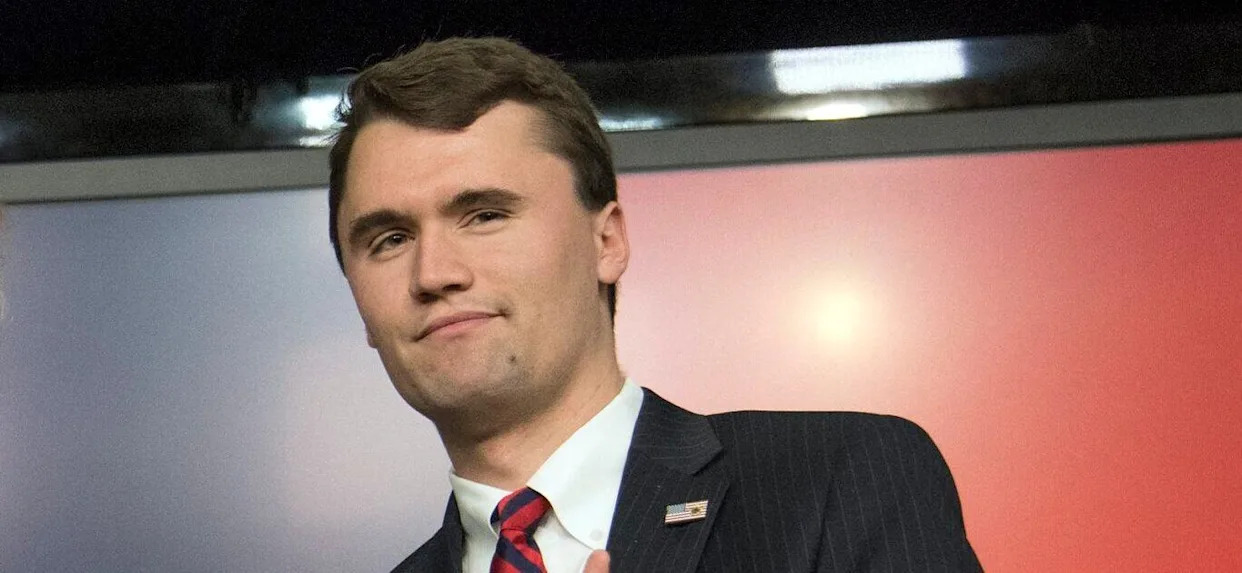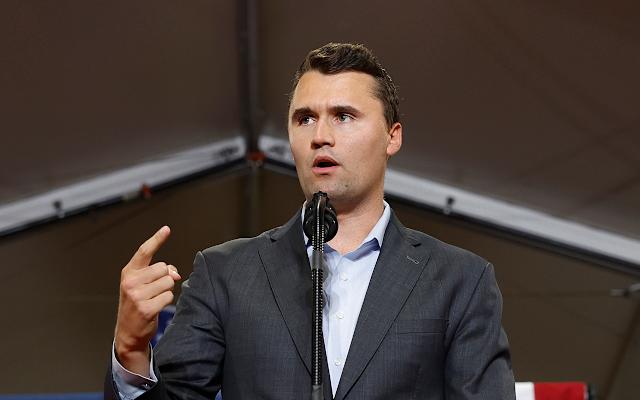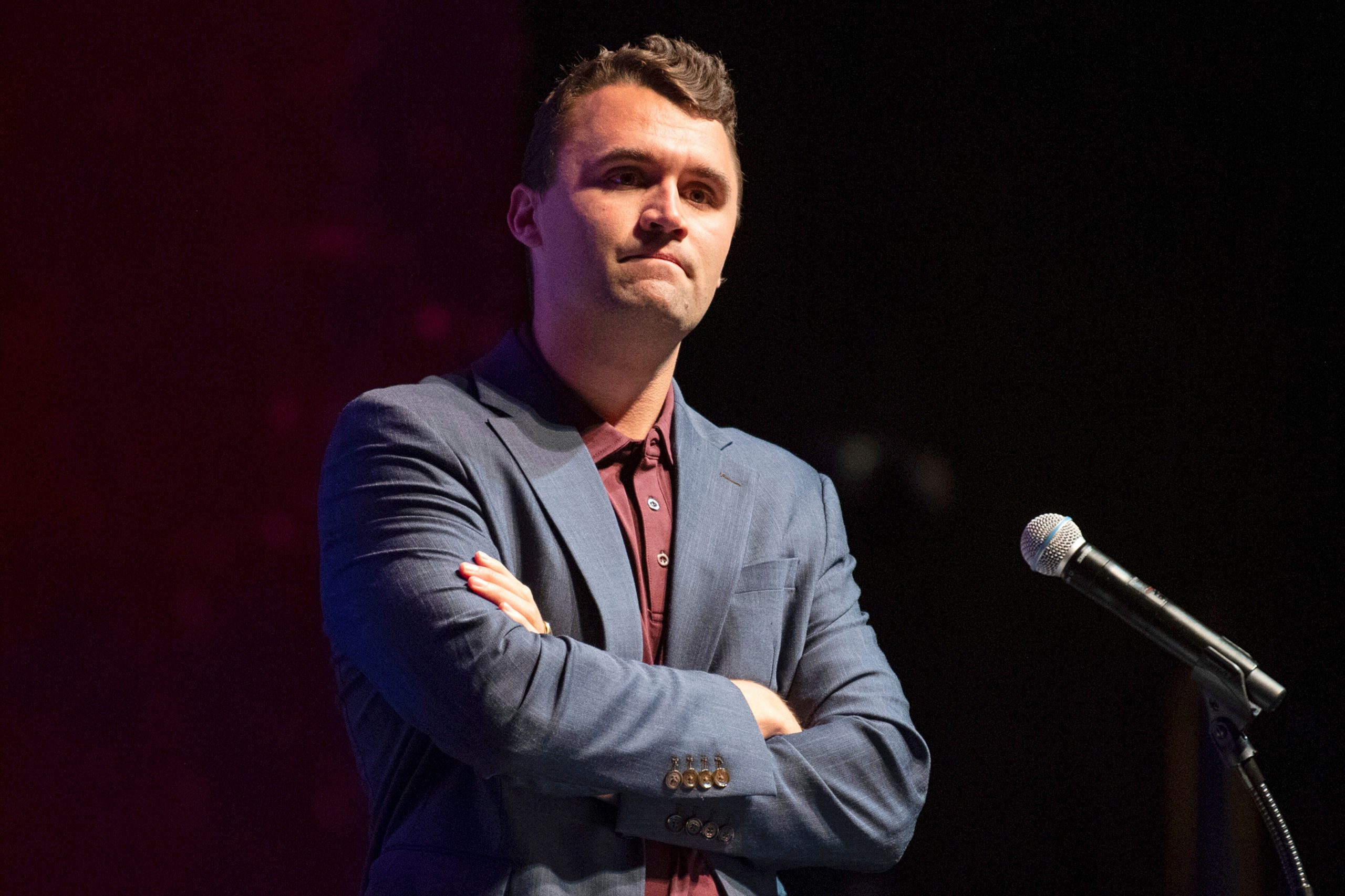The Aftermath of Charlie Kirk’s Death: A Case Study in Media Ethics
The tragic loss of Charlie Kirk, a prominent conservative activist, during a public event in Utah has ignited a multifaceted discussion that extends beyond politics. This incident raises significant questions about how media outlets handle breaking news, particularly concerning sensitive subjects such as violence. With the spotlight on MSNBC’s coverage and the controversial remarks made by political analyst Matthew Dowd, this situation has also become a platform for examining journalistic responsibility in moments of crisis.

The Incident: A Shocking Event
On September 10, 2025, Charlie Kirk, the 31-year-old founder of Turning Point USA, was shot while addressing students at an outdoor event held at Utah Valley University. The incident unfolded during a Q&A session, generating immediate chaos and concern. News of the shooting rapidly swept through national media outlets, leading to an outpouring of tributes from politicians and public figures alike. Within hours, former President Donald Trump took to Truth Social to confirm Kirk’s passing, describing him as “great and even legendary.” This tragic event not only shocked Kirk’s supporters but also sent ripples through the broader political landscape.

Media Coverage: The Initial Response
As news coverage began to unfold, MSNBC’s anchor Katy Tur introduced the segment by characterizing Kirk as a polarizing figure in American politics. This characterization set the stage for the subsequent analysis from Matthew Dowd, who was brought in to discuss the political implications surrounding Kirk’s assassination. What followed was a series of remarks that many critics viewed as ill-timed and inappropriate, especially given the gravity of the situation. Dowd’s comments suggested that Kirk’s often divisive rhetoric might have contributed to the hostile environment that led to the shooting, prompting immediate backlash from viewers who felt that such speculation was both premature and insensitive.

Timing and Sensitivity: The Core of the Controversy
The main point of contention was not just the substance of Dowd’s remarks, but rather the timing of these statements. In the realm of breaking news, audiences typically expect that initial coverage will focus on verified facts and updates rather than analyses or conjectures. By steering the conversation toward Kirk’s polarizing legacy so soon after his death, MSNBC faced sharp criticism for what many perceived as an insensitivity toward the tragedy and a potential framing of the victim as partially responsible for his own demise. Critics voiced the opinion that coverage should prioritize compassion and clarity in the immediate aftermath of such a traumatic event.

Media Ethics: A Broader Examination
The incident involving Kirk has sparked a larger conversation about media ethics and how journalists approach reporting on violence against political figures. Several pivotal questions arise in this discourse: Should news outlets prioritize quick commentary, or is it wiser to wait for more confirmed details before providing analysis? How does one balance acknowledging a public figure’s controversial past while respecting the grief of their family and supporters? And should incidents of political violence be contextualized within broader political discourse immediately, or is it more prudent to focus on the facts until investigations clarify the situation?
Public and Industry Reactions: A Divided Response
Following the controversial broadcast, reactions emerged from across the political spectrum. Some commentators criticized Dowd’s remarks as being poorly timed, bordering on victim-blaming, while others defended the network’s approach, arguing that journalism has a duty to explore the complexities surrounding such tragic events. This divide reflects a deeper, ongoing debate within the media industry regarding the balance between meaningful contextual reporting and the risk of exploiting tragedy or disrespecting affected individuals. Many pondered whether it is appropriate to delve into the political climate of such incidents when the focus should primarily be on the victims and their families.
Lessons for Future Journalism
The coverage of Charlie Kirk’s tragic death by MSNBC could serve as a critical case study for the evolution of newsroom practices in the future. Key lessons may include the need for clear guidelines regarding when it is acceptable to transition from fact-based reporting to analytical commentary. Furthermore, prioritizing sensitivity towards victims of violence, regardless of their political affiliations, should be paramount during the initial stages of reporting. Maintaining a distinction between confirmed information and speculative commentary is crucial for building and sustaining credibility in the eyes of the public.
The Challenge of Navigating Breaking News
As investigations into Kirk’s death continue, the media’s role in shaping public perception has become an integral part of the narrative. In our 24-hour news cycle, the demand for immediate updates often clashes with the need for responsible, measured reporting. The incident surrounding MSNBC’s coverage exemplifies how delicate the balance is between timely information and thoughtful reporting. Journalists face the ongoing challenge of crafting their narratives with accuracy, empathy, and responsibility, all while being acutely aware that their words can have profound and lasting impacts on public perception.
Conclusion: A Call for Thoughtful Restraint
The backlash against MSNBC’s coverage of Charlie Kirk’s shooting underscores the difficult choices modern journalists must navigate. While providing context and analysis is essential, the timing and tone of such commentary are equally critical—especially in instances where lives have been lost and emotions run high. The ongoing debate surrounding Dowd’s remarks serves as a poignant reminder that during acts of political violence, the media must strive to balance its obligations to inform with the need to respect the individuals who are directly impacted. In an age where every statement is scrutinized, thoughtful restraint can often be as powerful as immediate commentary.

















